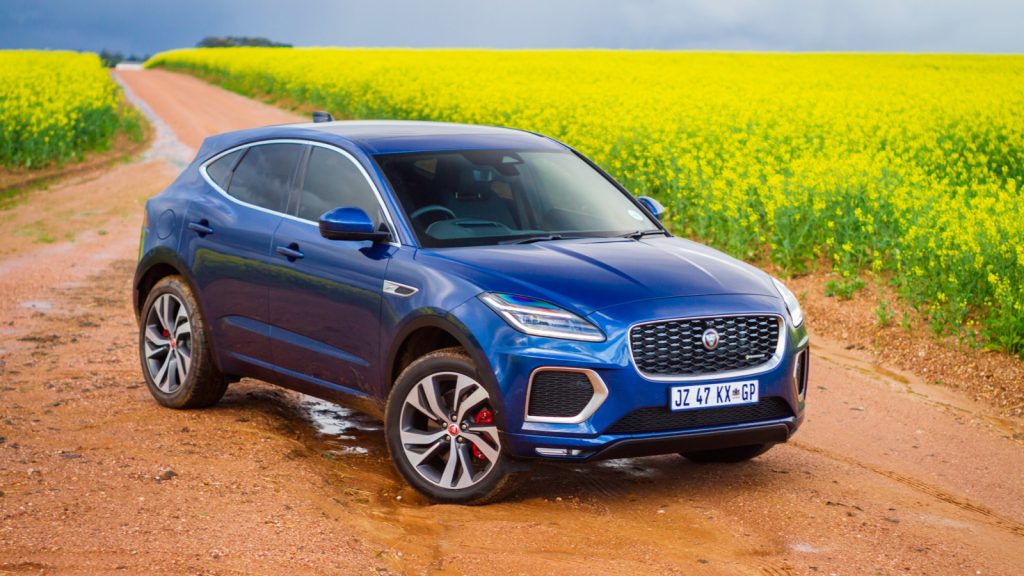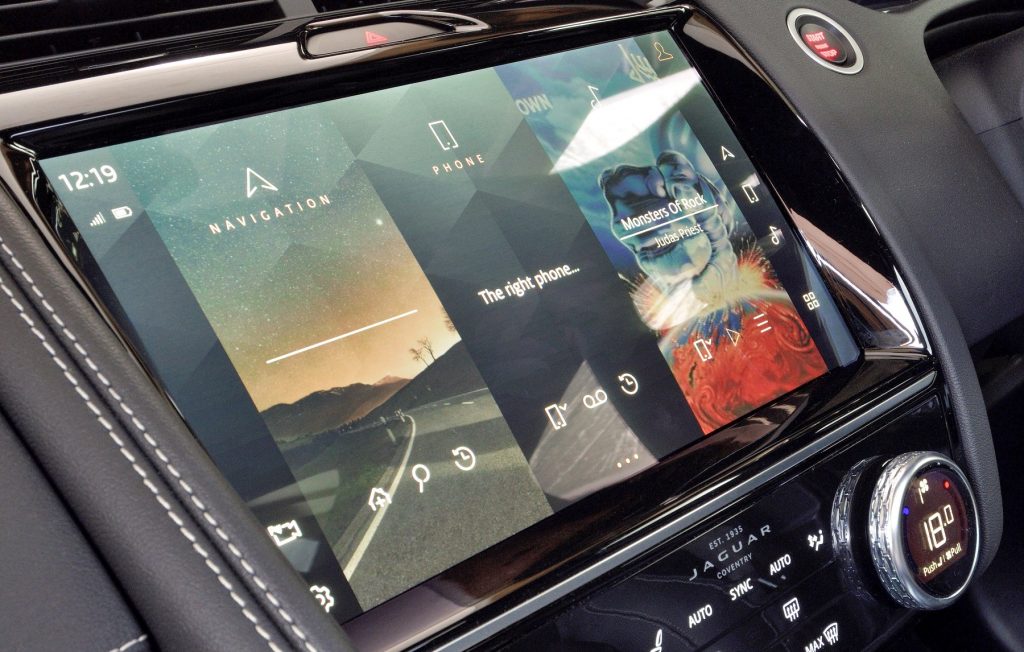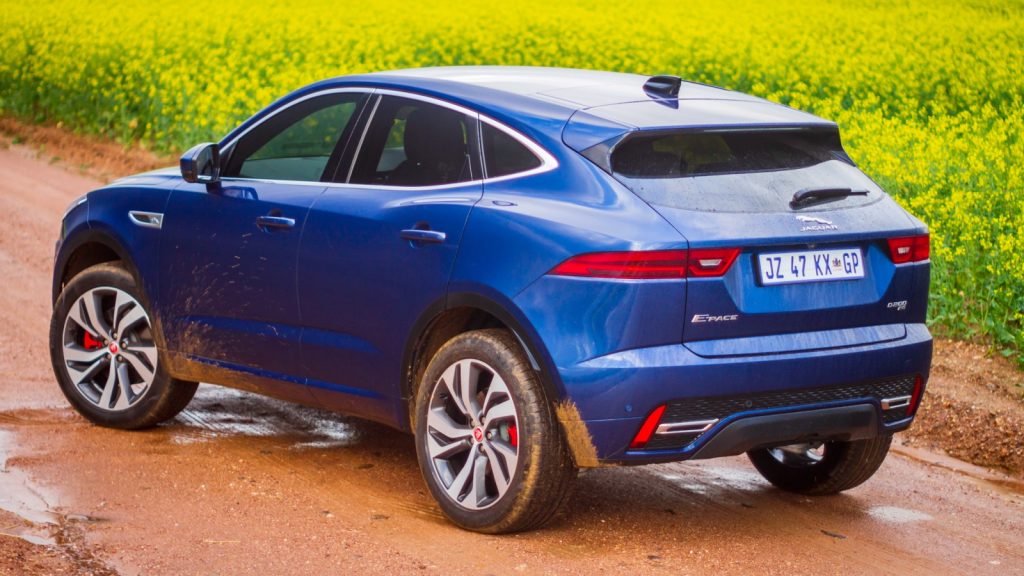South Africa’s retail forex industry is entering a decisive phase as regulation tightens and consolidation accelerates. What does it mean for brokers and traders?
Road test: Jaguar E-Pace D200 HSE

Jaguar obsesses about design. The British car company has built some of the most elegant vehicles in history and transitioned this design legacy, with great success, to SUVs.
This unique design logic gives it the advantage of market differentiation. Especially in the mid-sized luxury SUV market – a segment dominated by German brands.
With the latest E-Pace, designers at Jaguar have slightly updated the exterior – but the most notable upgrades are inside. And more specifically: the infotainment system.
Large infotainment screens have proved a challenge for automotive interior architects. In a sunny climate like South Africa, the glasshouse of any vehicle transmits and reflects a lot of harsh light.
And that can make infotainment displays annoyingly challenging to read, an issue often compounded by screen smudging from your fingers.
An excellent infotainment system
Jaguar’s solution to all this touchscreen malaise is present in the latest E-Pace D200 HSE.
It is called the Pivi Pro infotainment system and features a chemically strengthened dual-coated infotainment screen, which is 48% larger than before, at 11.4-inches.
The really clever bit is that its screen coating reduces both glare and fingerprint smudging.
Not only is the E-Pace’s infotainment system wonderfully legible, with rich contrast under all lighting conditions, but it has impressive UX architecture.
Almost every common task you’d need for entertainment, navigation, communication or comfort settings only require two-tap interventions through the menu.
Not fast – but smooth
Beyond the inspiring infotainment system upgrade, the E-Pace D200 HSE is an accomplished cruiser, regardless of road surface quality.
The E-Pace D200’s 2-litre turbodiesel engine isn’t staggering powerful at 147kW.
And the 430Nm peak torque number has quite a heavy vehicle to move about, at nearly 2000kg, fuelled and with a driver at the wheel. This makes the E-Pace turbodiesel more of a cruiser than a traditionally fast Jaguar performance vehicle.
Despite the weight and mild engine outputs, what makes it pleasant to drive is the steering and transmission calibration. The nine-speed automatic transmission always has a gear or two in reserve and makes the E-Pace D200 HSE feel quicker than its 0-100km/h time of 8.4 seconds would suggest.
Meanwhile, the E-Pace has an elegant silhouette and tidy exterior design. It does without the oddly aggressive styling elements of most German rivals.
But there is no ignoring the E-Pace’s oversized roof pillars, which infringe a touch on headroom, especially if you are tall.
If you like the idea of a compact luxury SUV that isn’t German, and appreciate smart user interface design, the E-Pace D200 is compelling.
This is especially true for those users who are authentic outdoor activity people. And will use its very clever activity band key, which can allow you to go surfing or running, without the admin of having a traditional keyfob bounding in your pocket.
Jaguar’s updated E-Pace D200 HSE prices at R938 000.
Read more: Converting and driving a bulletproof bakkie
Feature image: Lance Branquinho




